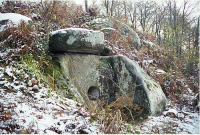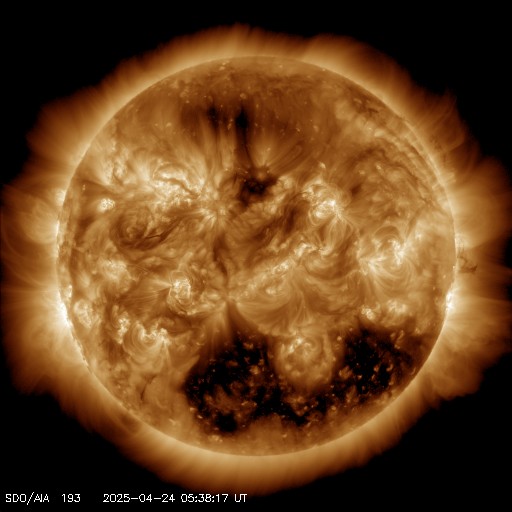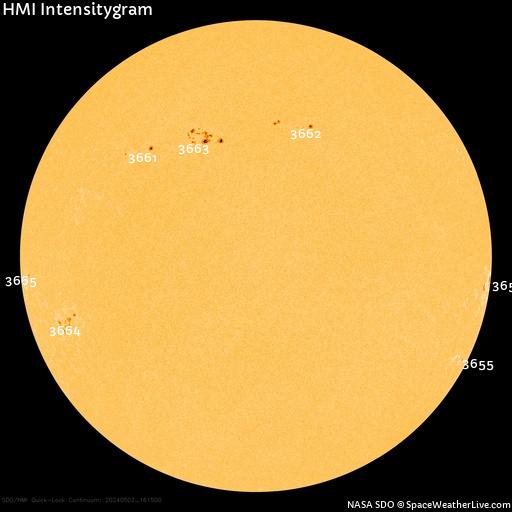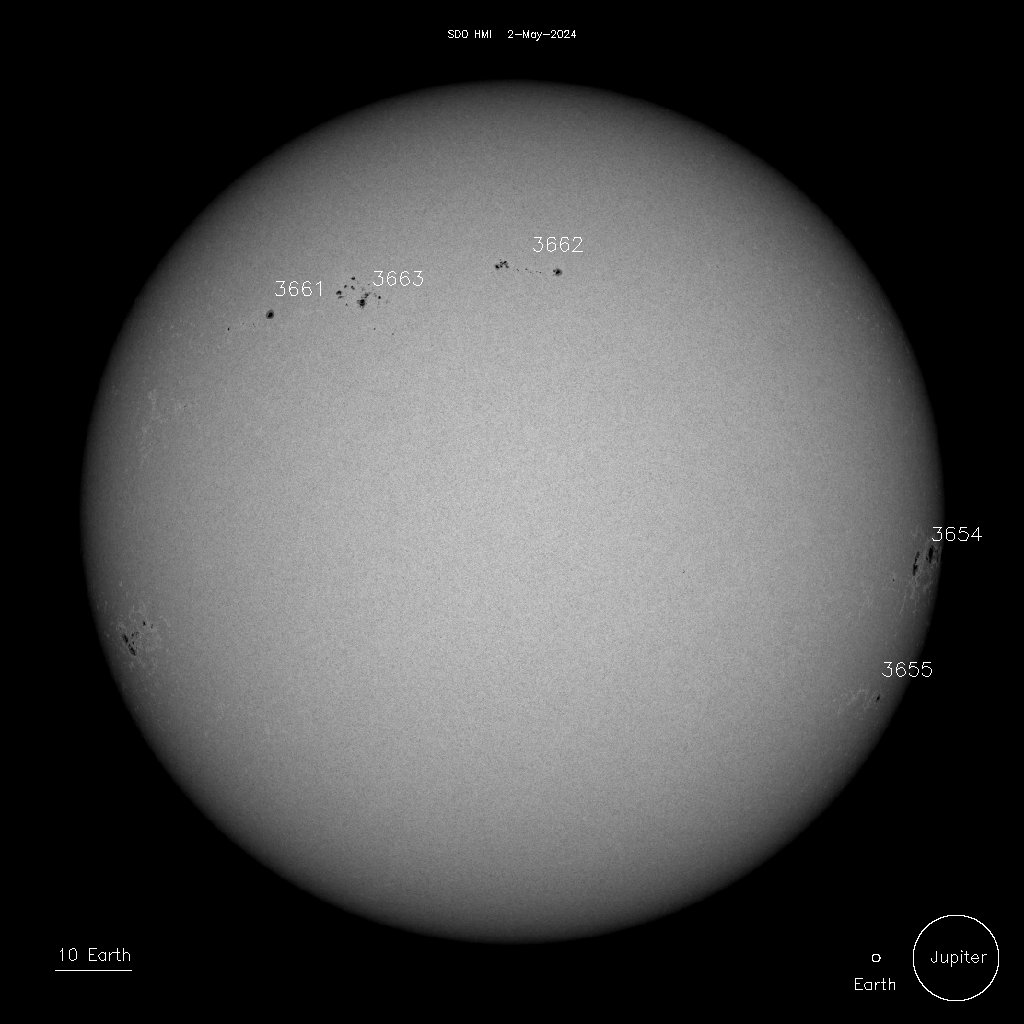Last week, I reported on unusual out of season forest fires in southern Switzerland and pointed out a few anomalies on the scene. One week later, the largest of the blazes near Mesocco, Switzerland is still not fully contained, but already the Swiss Military termed it the largest deployment of the Swiss Air Force in its history. 8 Helicopters were used full time over several days. The Mesocco fire was not among the largest in Switzerland in terms of surface area but apparently the hardest to put out.

Forest fIre Jochberg, Germany @picture-alliance/dpa/P. Kneffel
On New Year’s Day, two forset fires erupted in southern Germany, in the northern foothills of the Alps, the larger one, on Jochberg, south of Munich, burnt for 3 days.
Winter wild fires in Alpine regions are extremely rare. Whereas in the southern Swiss Alps, small forest fires occur every other year in late Summer or Fall, northern Alpine winter forest fires are almost unheard of.
Now, the climate scientist Andreas Fischlin (67), Professor at the Swiss Federal Institute of Technology, Zurich, warns that we will have to deal with a ‚greatly increased number‘ of such incidences. (I almost wondered whether he had read my article, but then he went on to attribute this development to (wouldn’t you know it?) climate change. (Needless to say, he means man- made climate change), as he added „if we don’t act against climate change“.
The newspaper ’20 Minuten’: Will forest fires also occur more often in winter time? Fischlin: „This is difficult to predict, climate models show that in future winters there will be more rain fall, but less rain in summers.“ What do we have to do to prevent future destruction of this type? „We need to fight climate change. In the long run, that’s the only and the cheapest solution.“
Just like earthquakes and extreme weather events, forest fires have indeed become more erratic and unpredictable in recent years. However, in the case of Switzerland, it is interesting to note that there is no correlation of the mere number of fires to the progress of alleged man- made climate change, which is supposed to have gradually increased for decades.
From 1975 to 2014, the numbers of forest fires per year in Switzerland has gradually declined to half of the number of incidences.
Now, all the sudden we are warned that the phenomena will increase drastically. More then anyone suspected. My conclusion: Climate change is obviously happening, and by an increasingly dramatic rate. Man made contributions are negligible or non existent.
After extensive wild fires in Israel and Tennessee at the end of 2016, more fires are raging around the world, mostly in regions where they more common.
Sacha Dobler
Categories: Recently




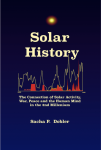




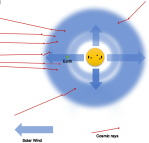

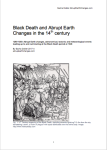

![Kp-Index [0-3] Green - Stable/Calm Magnetosphere. [4] Yellow - Unstable Magnetosphere. [5+] Red - Geomagnetic Storm Conditions](https://firebasestorage.googleapis.com/v0/b/carrington-9.appspot.com/o/spaceWeatherNews%2FkpChart.png?alt=media)

